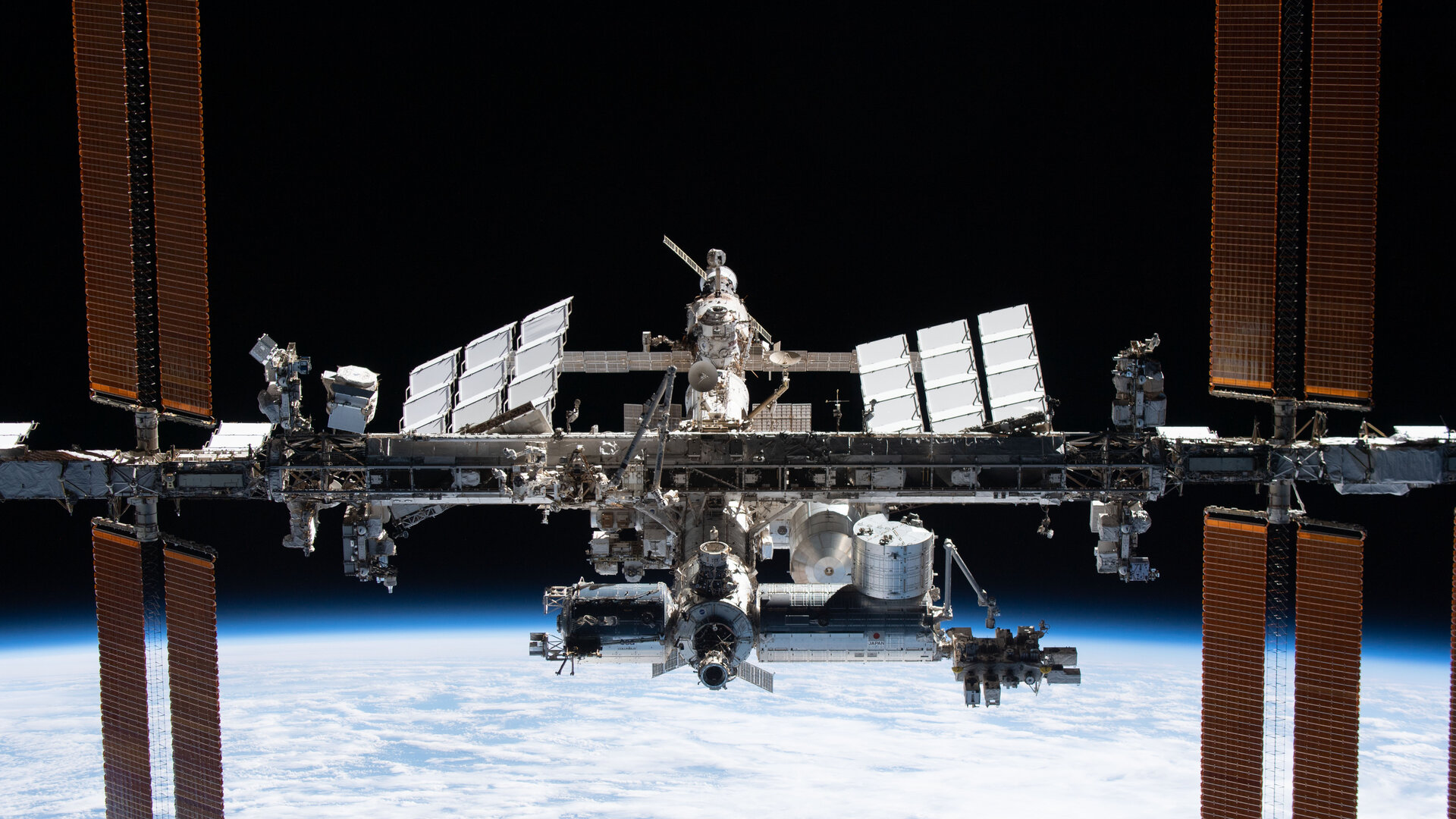The International Space Station (ISS) is a large spacecraft that orbits the Earth. It serves as a platform for scientific research, human spaceflight, and international cooperation.
A Global Collaboration
The ISS is a joint project of multiple countries, including the United States, Russia, Canada, Japan, and the European Space Agency. It was assembled in orbit over several years, with the first modules being launched in 1998. The station is constantly evolving, with new modules and experiments being added regularly.
Life on the ISS
The ISS is home to a crew of astronauts and cosmonauts who live and work in a microgravity environment. They conduct a wide range of scientific experiments, including studies in biology, physics, and astronomy. The station also serves as a platform for testing new technologies that could be used for future space exploration.
Key Features of the ISS
- Solar Panels: The ISS is powered by large solar panels that convert sunlight into electricity.
- Robotic Arm: The station has a robotic arm that is used to move equipment and conduct experiments outside the station.
- Life Support Systems: The ISS has advanced life support systems that provide the crew with oxygen, water, and other essential necessities.
- Research Modules: The station is made up of several modules, each designed for a specific purpose, such as scientific research, living quarters, or cargo storage.
Benefits of the ISS
The ISS has provided numerous benefits to humanity, including:
- Scientific Discoveries: The station has enabled scientists to conduct experiments that are not possible on Earth, leading to significant discoveries in a variety of fields.
- Technological Advancements: The development of the ISS has led to advancements in many technologies, such as life support systems, robotics, and materials science.
- International Cooperation: The ISS is a symbol of international cooperation, demonstrating that nations can work together to achieve common goals.
- Inspiration: The ISS has inspired millions of people around the world, demonstrating the potential of human achievement.
The Future of the ISS
The ISS is expected to continue operating until at least 2030. Beyond that, its future is uncertain. Some have suggested that the station could be used as a platform for commercial space activities, such as manufacturing or tourism. Others have proposed that it could be deorbited and allowed to reenter the Earth’s atmosphere.
No matter what its future holds, the ISS will always be remembered as a landmark achievement in human space exploration.
